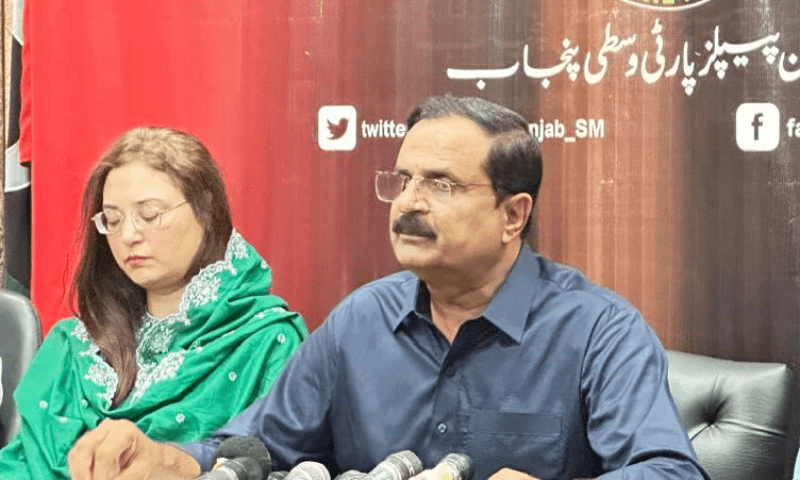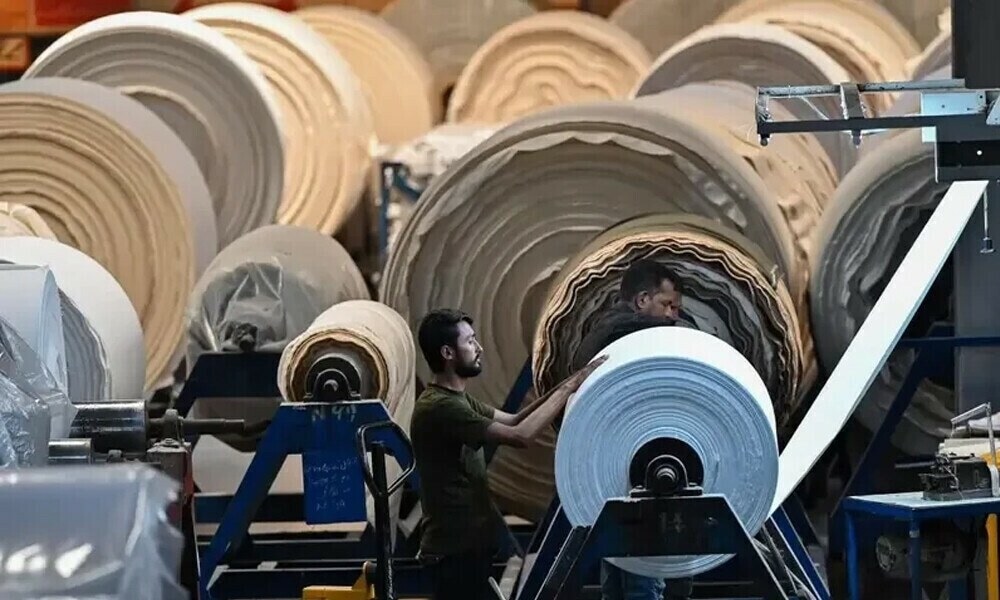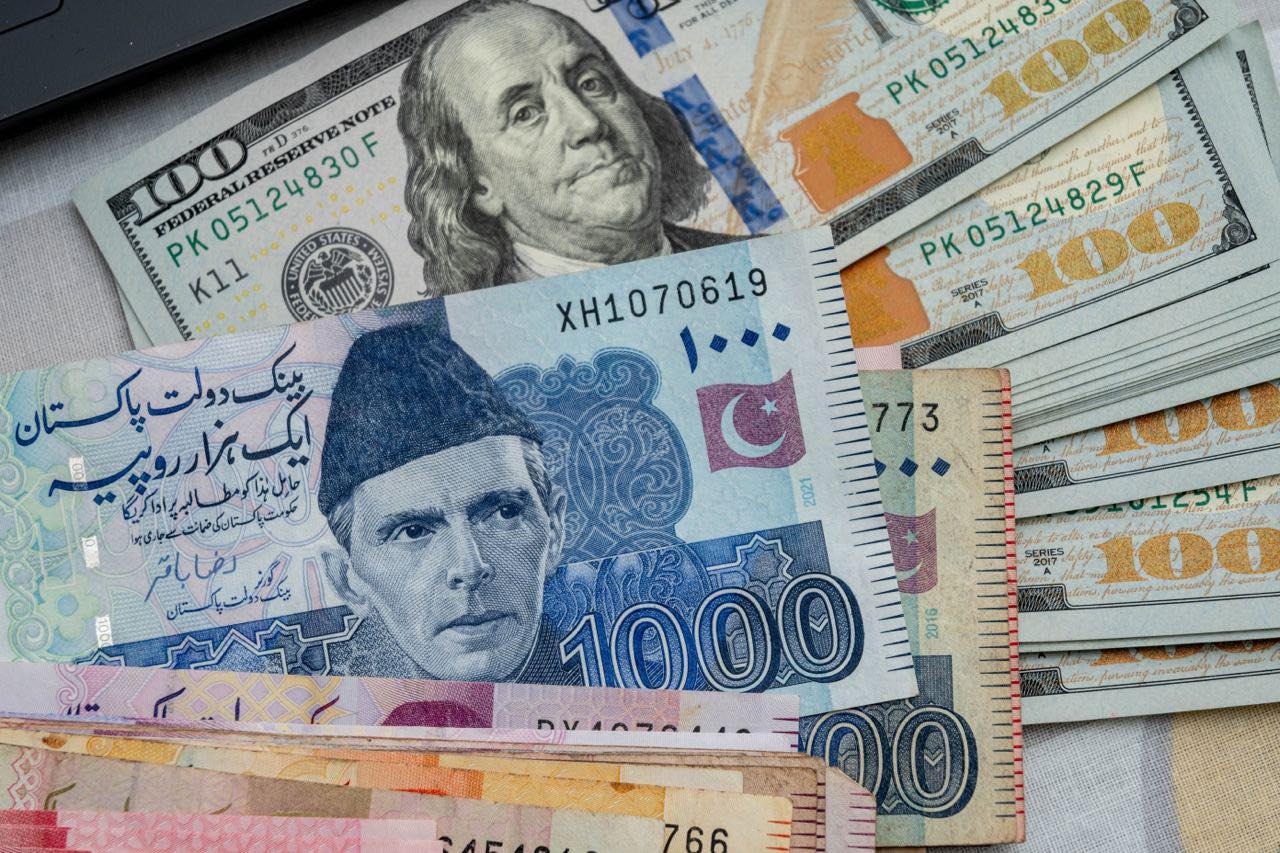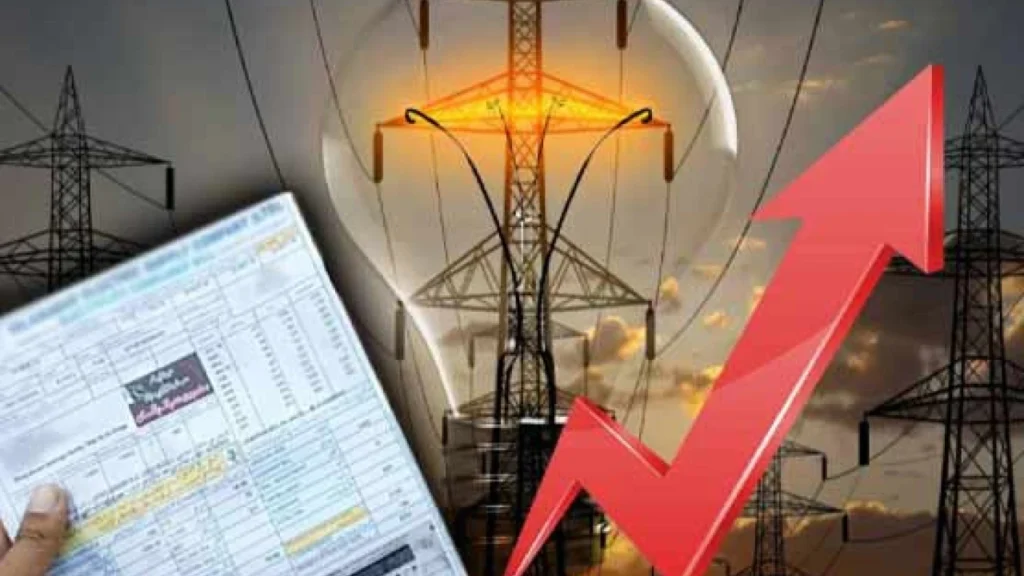The Pakistan Peoples Party (PPP) has openly expressed its concerns over the Punjab government’s lack of consultation on critical issues such as the budget and the recently-promulgated defamation law. Although the PPP is not formally part of the coalition government in Punjab, as the Pakistan Muslim League-Nawaz (PML-N) enjoys a simple majority, it has supported the ruling party in the assembly during legislative business.
Syed Hassan Murtaza, PPP Central Punjab General Secretary, addressed these concerns on Monday. He highlighted that the PPP did not vote for the PML-N “to prepare the budget in the kitchen,” indicating that the PPP was excluded from the budget preparation process. Murtaza, during a press conference, directly addressed Chief Minister Maryam Nawaz Sharif, expressing disappointment over the lack of inclusion.
“You did not take PPP into confidence while preparing the budget proposals,” Murtaza remarked. He further claimed that this would be the first budget where the government did not take its allies and stakeholders into confidence. The absence of a relief plan for the salaried class and pensioners in the budget was particularly concerning for the PPP leader.
Murtaza emphasized that the PPP had high expectations from CM Maryam Nawaz Sharif, hoping she would advance the province following her father Nawaz Sharif’s vision. However, he regretted that the farmers, a crucial segment of the country’s economy, were suffering due to the Punjab government’s policies.
Murtaza criticized the provincial agriculture department for its failure to formulate a comprehensive policy to procure wheat before the sowing season. This indecision left farmers in a difficult position despite their hard work resulting in a bumper crop. He questioned whether the government would compensate the farmers for its delayed decision not to procure wheat this season, highlighting the impact of policy missteps on the agricultural community.
Turning to the Punjab Defamation Act 2024, Murtaza stated that the PPP stands firmly with journalists and against any restrictions on freedom of expression. “The party is not in favour of restricting the freedom of expression. We’ll try to get the law withdrawn because we cannot become part of any anti-media law,” he asserted. Murtaza announced that the PPP would challenge the law in court, with the party’s high command set to make a final decision on the matter.
A day prior, the Pakistan Tehreek-e-Insaf (PTI) also announced its intention to challenge the defamation law, which has faced severe criticism from political parties, civil society members, and journalists. Murtaza clarified that the PPP was not involved in drafting or enacting the law and had attempted to address stakeholders’ concerns.
In response to a question about formally joining the provincial government, Murtaza clarified that any decision regarding this would be taken by the PPP’s Central Executive Committee. At present, he stated, “there is no such intention.”
The PPP’s concerns highlight a broader issue of inclusivity and transparency in governance. The exclusion of allies and stakeholders from critical decision-making processes, such as budget preparation and the enactment of significant laws, can lead to widespread dissatisfaction and unrest. The PPP’s stance on the budget and the defamation law underscores the need for a more collaborative approach in the Punjab government’s operations.
This situation also reflects the challenges faced by the ruling PML-N in balancing its majority control with the need to maintain constructive relationships with other political entities. The PPP’s vocal criticism could signal potential friction and a call for greater accountability and participation in the governance process.
The Punjab Defamation Act 2024 has become a controversial piece of legislation, with the PPP and PTI leading the opposition against it. This law has sparked significant debate among political parties, civil society, and the media, reflecting broader concerns about freedom of expression and media rights in the province.
As the Punjab government navigates these challenges, the need for greater inclusivity and consultation with all political stakeholders becomes increasingly apparent. Ensuring that all voices are heard in critical decisions, such as budget preparation and legislative enactment, is essential for maintaining democratic principles and fostering a cooperative political environment. The PPP’s criticisms serve as a reminder of the importance of transparency and collaboration in governance.




